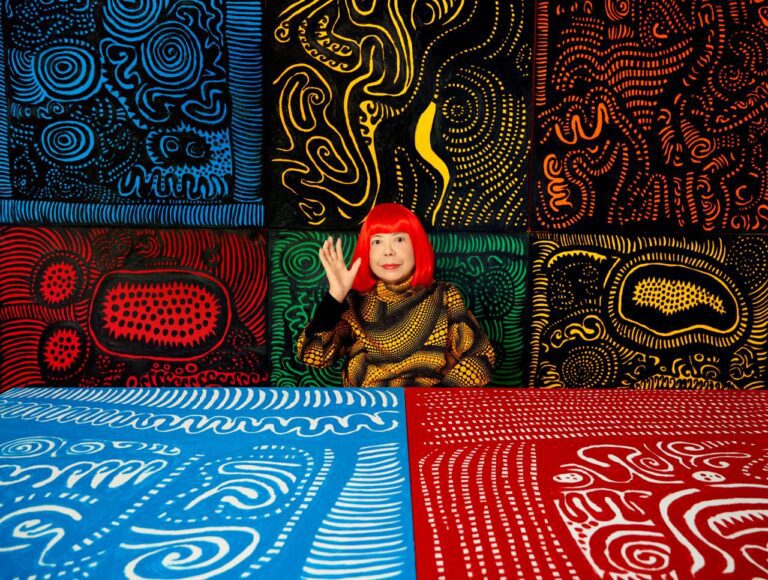I was thrust into adulthood at 14 years old,” Sarah* says. She was bright, popular, extroverted. One night she went to a party with a girlfriend, and everything changed.
The party was at a house only a short walk from where she lived, and the crowd was older. Weed and alcohol were freely available, she says.
Sarah remembers sitting on a couch with her friend – and then waking up, outside, naked from the waist down, with someone on top of her.
He was Darrin*, a 17-year-old local who was serving in the Army Territorials. “I asked him what he was doing, but he didn’t reply, just stopped and started putting my clothes on,” Sarah recalls. Darrin carried her inside and placed her on a couch, where she fell asleep. The next morning, she went home, not fully comprehending what had happened.
Confronting the past
Thirty-five years later, Sarah is married with a son. At work one day, she found herself confronting her secret.
“I started drawing a floor plan of a house,” she says. “Once I drew it I knew it was the house where I had been raped.
“I don’t know why I drew it. I just knew I had to take this somewhere, so someone knew that this had happened to me.”
Keeping the truth a secret for more than three decades was the simple part, Sarah insists. “It’s easy to keep the secret,” she says in a matter-of-fact tone.
“There are triggers everywhere about women being raped, in films, in the news, and you acknowledge them in your mind, but you just keep the lid on. It never goes away.”
According to the Ministry for Women’s Affairs, an adult is someone aged 16 years or more. So Sarah was a child at the time she was raped, and was scared of being blamed for the events that unfolded that night. “I labelled myself as bad. I thought it was my fault,” she confesses, explaining that she “went off the rails” and into a downward spiral.
She was constantly reprimanded by her parents. Not knowing what had happened, they simply thought they had a disobedient teenager on their hands. “I had to sit there and shoulder the blame of being bad,” she says.
But the damage went much deeper. Previously outgoing and well-liked, Sarah retreated into herself, avoided social activity and struggled to maintain intimacy in romantic relationships.
When she addressed her secret last year, Sarah’s anxieties worsened. “It was like a floodgate had opened,” she explains. “For all those years I hadn’t expressed what had happened to me.”
She would burst into tears at any moment; struggled with depression, drank alcohol to excess and self-medicated.
Finally, she decided to contact the police. “You know that there is someone walking around who raped you and has never been held accountable,” she says.
“He doesn’t even know the severity of the damage he has caused.”
Seeking justice
Before her first police interview, Sarah met Bryce*, a distant relative who was a former detective. Here, the reality of what had happened to her sank in.
“I hadn’t used the word ‘rape’ up until then,” she says. “I told him what had happened [and] he said: ‘Sarah, you were raped’. And I said, ‘I know’.”
Sarah chose Bryce as her support person throughout the police investigation, bringing him to her initial interview.
To her surprise, she was instantly labelled a victim.
“The first thing they do is call you a victim. That’s the term given to you throughout the investigation,” she says.
“I didn’t feel like a victim when I went to the police. I certainly was a victim when I was raped at 14 years old, but not when I was sharing my secret.
“He is just the suspect, not the rapist.”
Being labelled this way was disempowering says Sarah. “I was feeling strong and resilient. By addressing it I was a complainant wanting justice.”
She told the police: “Please don’t call me a victim now. Please give me a choice as to how you label me.”
Sarah praises the detective handling her case, who she felt expressed empathy and made her feel completely comfortable by showing compassion. Even more importantly, he believed her, which validated everything she had been through and had been hiding.
With some difficulty, the police tracked down Darrin – he had changed his name – and called him in for an interview. He asserted his right to remain silent.
For his second interview Darrin chose a lawyer from out of town and again remained silent, also refusing to be recorded.
Darrin is married with children, respected in his community and involved in church activity. Sarah believes those factors fuelled his decision not to select a local lawyer. “He didn’t want his reputation tainted. I’m confident he knows what he did. It’s so frustrating with the law that he now gets away without even a response or statement. His physical reaction is not recorded.”
After 10 months of investigations, Sarah was told her case could not go to court because the chance of a conviction was very low.
A complainant needs one of three things to support a court hearing: DNA evidence, credible witnesses, or a confession.
A confession was off the cards and, with the assault having happened 35 years earlier, DNA evidence was impossible. Sarah’s only witness – the friend she attended the party with – was deemed not credible because she could not recall Darrin being there.
“I was handed my case files with a big red stamp reading: INACTIVATED,” she recalls. “You’re not given any information or advice on what to do after that.”
Although her case did not get to court, Sarah has made progress, talking to those closest to her, but disclosure is still painful. A handful of people know her secret but that doesn’t make things any easier.
“It makes it real. Once you tell someone you feel like you have a label: I’ve been raped.” It changes the relationship, she says.
Sarah chose to share her story with MiNDFOOD to acknowledge every person who confronts their past and comes forward with a story of sexual assault.
“I want people to be aware of the consequences of going to the police and be informed of the very low odds of getting a conviction, especially for historic rape,” she points out.
And while a conviction would have provided some form of resolution, Sarah hopes her story will highlight the need for a change in the way complainants are labelled by the criminal system and the way that support systems function.
Sarah has accepted that, for her, resolution is impossible. “This will never heal, there is no closure. The suspect gets away without any form of acknowledgement or remorse. You can’t ever come to terms with it.”
Despite this sobering reality, she is optimistic. “I feel myself getting stronger. I can learn to manage this.
“And I can see my life getting better.”
Get help
The Ministry of Health has recently launched a sexual harm information and support helpline, Safe to Talk. It’s free, operates 24/7 nationally and is anonymous.
Call 0800 044 334, text 4334 or email [email protected]. Further support can also be found at victimsupport.org.nz and rapecrisisnz.org.nz.







